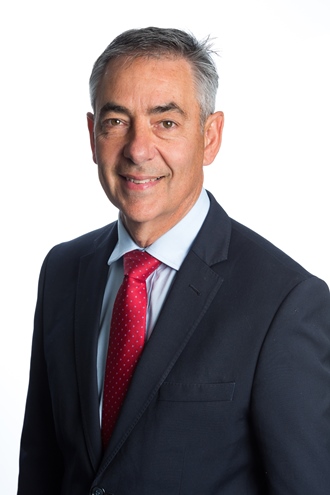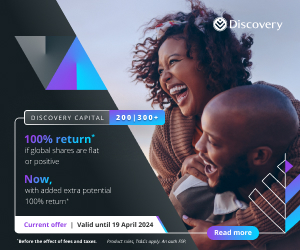The current political and economic landscape in South Africa has led to a surge in interest in offshore investment from local investors. The decision to invest offshore is predominantly influenced by the search for superior returns, in addition to stability and security of assets.
However, when planning on moving money abroad, there are a few other crucial considerations to keep in mind, including mechanisms to invest offshore, various tax implications of these investment vehicles, and currency fluctuation factors as a key part of the initial planning process.
Direct vs Indirect Investment
In most cases, investors send discretionary money offshore while their investments in South Africa satisfy their income needs on local soil. The question is, when it comes to offshore investment vehicles, should you invest directly or through an indirect vehicle, such as an asset swop or feeder fund?
Essentially, direct investing involves the converting of rands to foreign currency and investing it abroad in hard cash. In these cases, an investor will have an offshore bank account they would use to transfer money to and from the investment vehicle of their choice. In other words, investing directly into, say, funds or shares abroad.
One of the key reasons for direct investing is to have money available in these specific jurisdictions, whether it is for use when travelling or to finance your children’s tuition overseas, as well as any situation when having money abroad for immediate use makes sense. Other reasons to invest directly are to hedge against local political instability in a country of residence and for immigration.

When you decide to invest offshore indirectly, you need a mechanism to get this money abroad, which is referred to as an asset swop, which is essentially an investment manager’s offshore allowance.
Don’t get tripped up by tax
There are a myriad of tax considerations that investors often don’t factor in before taking their assets offshore. For example, the US and the UK, and most other countries, require that non-residents pay inheritance tax on assets, including property and direct shares. If you own shares on the NY Stock Exchange, for example, your heirs are liable for a 40% offshore inheritance tax on all investments above US$60 000. These jurisdictions also clamp down heavily on estate duty taxes.
Tax complications can at least be curtailed by handing over responsibility to an investment manager that can place their offshore investments in a wrapper, an investment platform that legally entrusts the investment manager to handle all tax affairs of the investments therein.
Currency Fluctuation
Preoccupation with the short-term volatility of the rand and the conversion rate in question when planning to invest abroad is prevalent among local investors. What they don’t take into account is that while the rand strengthens, global markets tend to correct at the same time, voiding the strong showing of the rand.
It seldom happens that the rand strengthens while the markets go down. Therefore, while you wait for the rand to improve by 10% to send money offshore, the market can also move by 10%, resulting in zero gain. Investors would do better to phase in these investments over a set period to account for these currency fluctuations.
The question we are often asked is if you only need the money in 10 years, why invest now when the rand is weak, but if you believe the rand is going to devalue further, the best time to start taking money offshore is now.

Where to invest?
While the South African investment environment is relatively limited, offshore investing has the added complexity of a choice of thousands of companies and funds to invest in.
If an investor is risk-averse, lumping all their money into risky offshore equity markets is futile. An investor risk and needs analysis must be conducted by investment managers first and foremost to decide on the various asset classes to invest in abroad. This involves keeping in mind that money invested offshore should be based on medium- to long-term horizons and often forms part of investors’ discretionary investments.
There is also the added complexity of geographical exposure to equity markets in the US, UK, EU or emerging markets, among many others. It is thus highly advisable that a client’s investments be reviewed by an investment manager who can structure a discretionary portfolio according to the investor’s risk profile. Old Mutual International’s Investment Portfolio+ Solution, combined with our intimate knowledge and expertise of the offshore investment space ensures that clients can invest offshore, knowing that these key considerations have been addressed.
For more information, visit: https://www.oldmutual.co.za/wealth
Old Mutual Wealth International
Locally based offshore specialists providing you with access to a wide range of international assets and investment funds from some of the biggest and most reputable portfolio managers in the world.
Contact details: +27 21 509 2187 | service@omi-int.com













